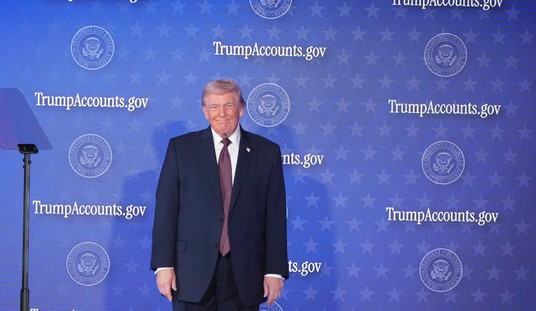The Washington Post headline, “Black teachers flee schools, leading to concerns about diversity,” left me less concerned about “diversity” and more with why teachers — black or otherwise — would “flee.”
A study by an institute funded by the American Federation of Teachers (AFT) looked at nine large cities — Boston, Chicago, Cleveland, Los Angeles, New Orleans, New York, Philadelphia, San Francisco and Washington, D.C. — and found that the number of black teachers in each city’s public schools dropped between 2002 and 2012. The story’s lead then informed readers that this was “raising questions about whether those school systems are doing enough to maintain a diverse teaching corps.”
I think it raises big questions about “fleeing”: What on earth are these teachers escaping from?
Could these public school systems be . . . terrifying?
The Post article, written by Lyndsey Layton, notes that the decade for which data was examined “was a period of rapid expansion of public charter schools and closures of traditional district schools.” And there were other “policy changes, such as the use of teacher evaluation systems.”
However, the study shows no link between charters or school closings and the sometimes very significant reduction in the percentage of teachers who are black. Likewise, lots of folks dislike being evaluated, especially by a huge bureaucracy, but that doesn’t seem a likely driver of massive black flight, does it?
Still, before Hurricane Katrina hit, 74 percent of the teachers in the New Orleans public schools were black. By 2012, blacks made up only 51 percent of the teachers. In the same decade, whites went from 25 to 43 percent of the teacher workforce.
Recommended
The nation’s capital saw the biggest change between 2003 and 2011, with the percentage of white teachers rising from only 16 percent to 39 percent, while the percentage of black teachers fell (or fled) from 77 to 49 percent.
“The whole effort of the last two decades has been toward minority-teacher recruitment, and it’s been an unheralded victory, really,” claims the University of Pennsylvania’s Richard Ingersoll. “The problem is with retention. Minority teachers have significantly higher quit rates than non-minority teachers. And that’s a huge problem.”
These higher quit rates appear to stem from poor working conditions, such as a “lack of autonomy” and little “input into school decisions.” In other words, the suffocating system created by teachers’ unions and politicians and bureaucrats and ivory tower educational theorists isn’t much fun to teach within.
Of course, nothing fully explains why these various issues would impact black teachers more severely than others. But the people-and-bean counters tell us they do.
Why does it matter?
First, there is a need for role models. (Note to self: parents make the best role models.) Statistically, minority students (even when they are in the majority) are more likely to come from single-parent households. So, it may be especially helpful for these students to see successful teachers of their own race.
But black teachers continue to comprise a large enough part of these school districts to allow black students to see plenty of them — and fully witness and freely emulate their success.
Second . . . well, hold on to your hat. The other reason cited? “[R]esearch has suggested,” writes reporter Layton, “that students who are racially paired with teachers — black teachers working with black students and Hispanic teachers working with Hispanic students — do better academically.”
So, we need a diverse teaching staff . . . but not because diversity is good.
Rather, with a racially diverse student body attending schools, a racially diverse teacher corps becomes the only way to successfully avoid diversity and, instead, to keep the connection between students and teachers as much as possible within their own race.
“Diversity is a key component to equality and opportunity,” says AFT’s President Randi Weingarten. She’s asking President Obama to hold a summit at the White House on teacher diversity.
I think I’ll flee.

























Join the conversation as a VIP Member